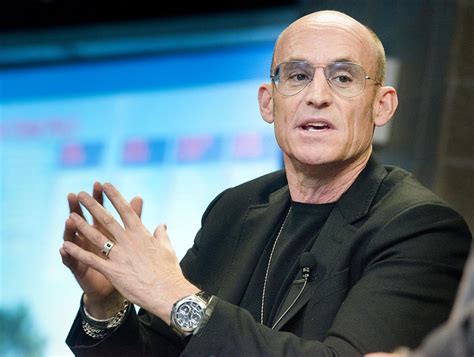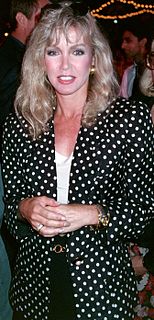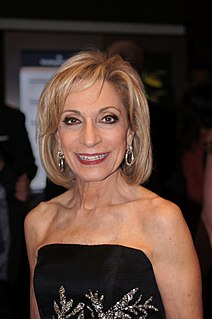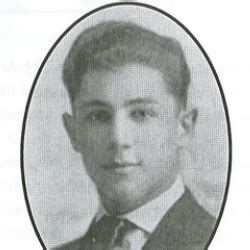A Quote by Jay Chandrasekhar
A lot of comedies in the 1980s and 1990s had all these colors and were so brightly lit. But John Landis had this dark style, like a Scorsese film.
Related Quotes
She threw the door open. The room seemed to be a sort of library, the walls lined with books. It was brightly lit, light streaming through a tall picture window. In the middle of the room stood Jace. He wasn't alone, though-not by a long shot. There was a dark-haired girl with him, a girl Clary had never seen before, and the two of them were locked together in a passionate embrace
John Belushi infused Animal House with this spirit of guerilla filmmaking. John Landis came from that world too, and all the National Lampoon writers were from that world. It was just chaos on film. Controlled chaos, though. We stayed very close to the script. It was a very formal kind of movie, if you look at it. Formally photographed and structured, with certain elements of improv.
Martin Scorsese was one of the few who had not been an assistant. Most of the guys had been an assistant and worked their way up. But I had seen an underground picture he had made in New York, a black-and-white film. I had done a picture for American International, about a Southern woman bandit, the Ma Barker story, and it was very successful, and I had left to start my own company, and they wanted me to make another one.
Haiti is the kind of place that grabs your heart, and never lets go ... When you arrive in Port-au-Prince, the first thing that strikes you is how vibrant the colors are. Buses, buildings, fences, clothing, everything is brightly painted in primary hues. On closer inspection, you see the reality behind this brightly colored landscape: a dark, grinding poverty, the worst in the Western hemisphere.
I had this whole issue of doing a crime film in the 2010s. The genre's been mined very, very heavily. Post-Scorsese, post-Tarantino, post-Guy Ritchie, what do you do? I wasn't attracted to pulp so much as all of a sudden I had a pulp problem. I had to find a way to make this interesting, because there's a lot of crime films that come out on VOD every week, and a number of these star Nicolas Cage.




































